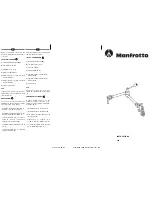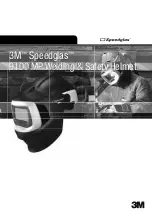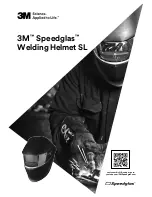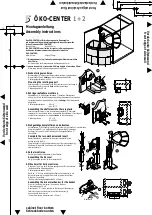
V2021.01
Page 2
INSTRUCTION MANUAL
SEATPOST STRAIGHT & OFFSET
GENERAL INFORMATION
Damage can lead to failure of the component and thus to serious
injury or even death. Externally damaged or defective components
must not be used under any circumstances and must be replaced
immediately. If you are unsure, contact us or a specialist dealer.
WEIGHT LIMIT
The Seatpost Straight and the Seatpost Offset are not subject to
any weight restriction.
SHORTEN THE SEATPOST
The seatpost can be shortened correctly if you do not use the entire
extension length. Please shorten the seatpost only when you are
sure that you have found the maximum saddle height.
The necessary dimensions for minimum insertion depth and
minimum extension height remain and should be observed. For this
purpose, please consider the illustration below.
APPEARANCE
Our components are 100% handmade. Thereby it can come to
different appearances. It makes each component unique and has
no influence on the safety. By direct incidence of light you get a
great view of the individual fibers with partly shimmering shades.
INSTALLATION
INSTALLATION COMPATIBILITY
Before mounting, make sure that the diameter of the seat tube on
the frame is suitable for the seatpost. The inner diameter of the
frame tube should be at least 0.1 to a maximum of 0.3 mm larger
than the seatpost dimension.
Attention: Diameter of colored components
Colored seatposts may have a slightly larger diameter.
Therefore, it should be checked in advance whether
the colored seatpost fits into the frame. If necessary,
the colored varnish can be carefully removed with very
fine grit paper. Please be sure to wear a mask for this
purpose. You can find more information in our FAQs.
Please make sure that the seatpost clamp is suitable for carbon
seatposts.
Make sure to check the instruction manual of your saddle for any
possible particularities regarding the mounting.
The seatpost is suitable for both round 7mm diameter seatposts
and high oval seatposts.
MOUNTING OF THE SEATPOST
Attention: Sharp edges
Sharp edges, especially at the end of the tubes, can
cause damage that may lead to breakage of the
seatpost.
Check the seat tube of the frame for sharp edges and burrs, both at
the top edge of the seat tube and along the clamping slot. Deburr
all sharp edges, especially also at the top edge of the seat tube,
with a fine half-round file and sandpaper with 300-400 grit. Grinding
residues and other impurities must be removed.
Attention: positioning of the saddle clamp
When positioning the saddle clamp on the seat tube,
make sure that the slotted areas do not overlap (see
illustration).
•
The seatpost has different wall thicknesses. This can be seen
especially at the upper end of the seatpost. It must be ensured
that the side with the greater wall thickness must be aligned to
the rear (in relation to the riding direction).
•
The marking at the bottom of the seatpost indicates the
minimum insertion depth of the seatpost and must disappear
into the frame. In addition please note the minimum extension
height of 100 mm (see figure on the left). Please note that on
many frames the seatpost must be inserted even further
(usually at least to the lower edge of the top tube). If the
seatpost is not pushed far enough into the frame, the frame
and/or the seatpost can be damaged.





















